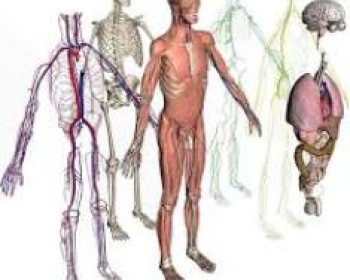A Chiropractic Case
Recently I met an old friend of Martin’s for the first time. He was fine for the first few days I saw him and then complained of a very stiff and painful neck. This man is big and in very good shape having worked with his body most of his life. When asked, he blamed his pain on a chiropractor that he had visited before traveling to where we met him. I knew better than to argue with him, but here is what I would have said to him if he had been open to listen.
Having lived within the chiropractic community for fifteen years with my ex-husband who is a DC, I learned quite a lot about the modality, the different techniques that can be offered to patients, and what works and what doesn’t in many cases.
Firstly, when Bill presented to his chiro he did so for a “tune-up” that he felt he wanted before he took a long road trip. In the past his stiffness had been nicely relieved by this chiropractor and he trusted him to make sure he was aligned for his trip.
During the session with this doctor he mentioned several places on his body where he had suffered pain in the past and anticipated that these might flare up on the trip. While the DC was talking with Bill he made a very focused cervical (neck) adjustment. This not only shocked Bill, but he got upset and told the DC that he was not going to permit another neck adjustment. It was more the shock and surprise that irritated Bill rather than any pain.
This reaction is common with many people who are relatively new to chiropractic treatments. Although many people “crack” their knuckles without thinking anything of it, when a skilled doctor makes an appropriate adjustment of the cervical vertibrae which causes an audible sound, it seems surprising to some people. Many chiropractors realize that if somebody knows they are getting ready to receive a neck adjustment, that they tense up, which makes it very difficult. For this reason they “sneak in” and make the adjustment when the patient isn’t expecting it and in this way they can make a vertebral shift while the neck is relaxed.
When joints or vertebrae are adjusted or shifted there is often an audible sound involved. I’ve heard many reasons for this, but the bottom line is that it is not dangerous, and sometimes this occurs and other times it does not.
So, when friend Bill denied the DC his permission to administer a second adjustment to balance out the first one, he did himself a dis-service. Sometimes a single adjustment of the spine at a certain point is sufficient. Often bilateral or several adjustments from varying angles are necessary in order to really set a vertabrae back into alignment.
Bill suffered because he tried to tell his chiropractor how to do his job. And then he spoke badly of this same person who he had trusted previously and who had offered him relief in the past. Too bad.




